Phipps Stories
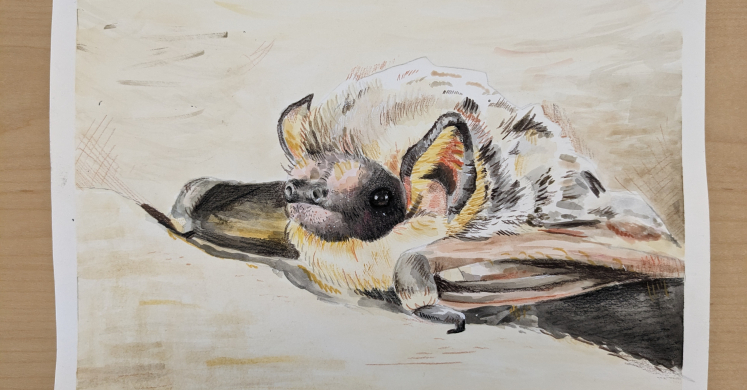
Fairchild Challenge at Phipps: Challenge #4 Winners Announced!
Thank you to the many schools that submitted entries for Challenge #4! We saw some absolutely stellar projects for these challenges - the students truly went above and beyond!
Elementary School
Students in grades K-5 were challenged to design an urban vertical gardening system that could produce a lot of food. In cities, where space is limited and the population continues to grow, people have learned to adapt by building upward. As cities get bigger and bigger, we need solutions for growing food in tight spaces where the only way to grow is up! Vertical gardening systems can maximize the plant growth in a limited amount of space. The students took into consideration that plants need light and water to grow, and thought about how their designs would fit inside, outside, or around tall buildings. Their innovation and careful planning astounded us! Great job!
Judges’ Choice:
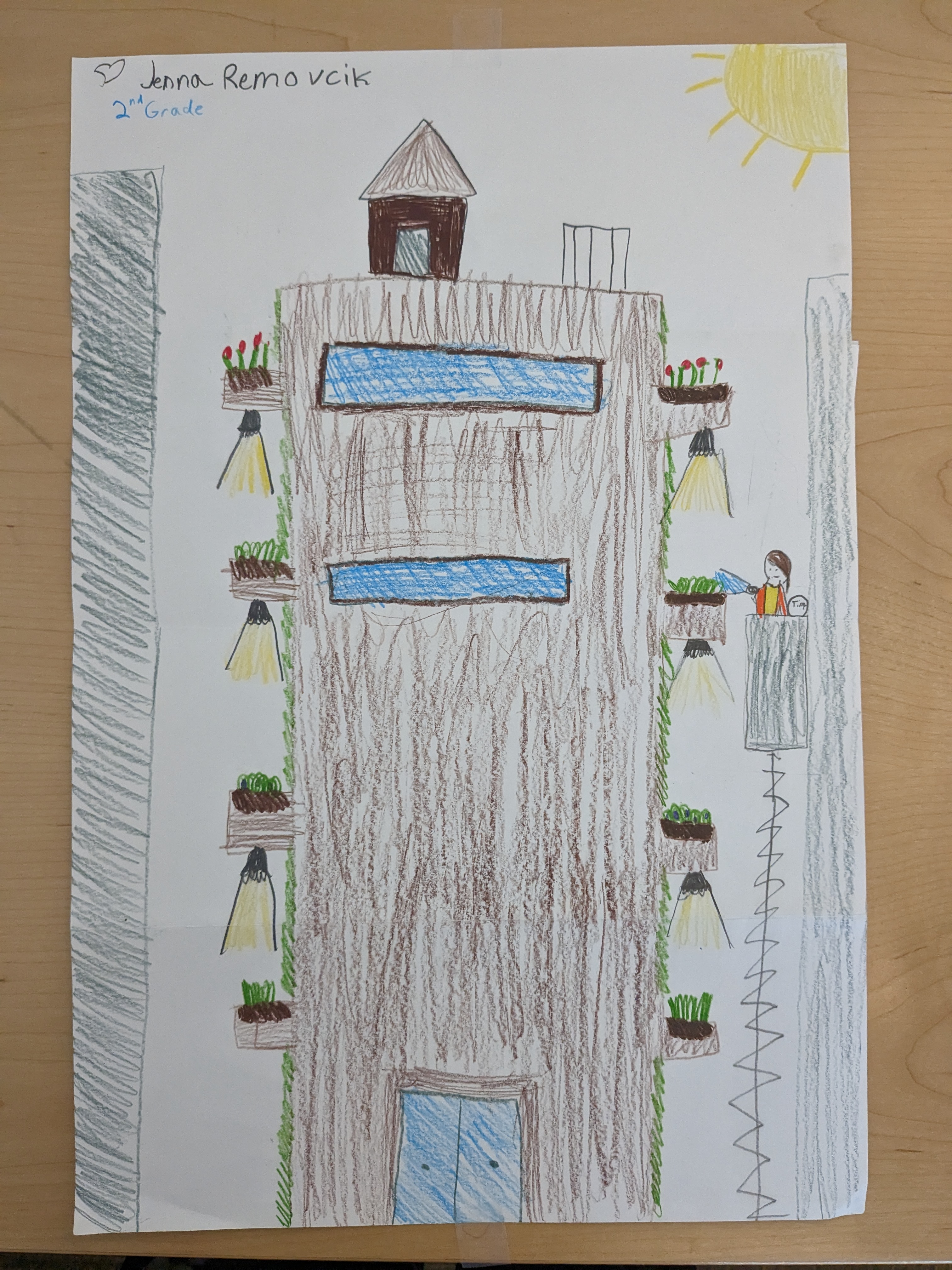
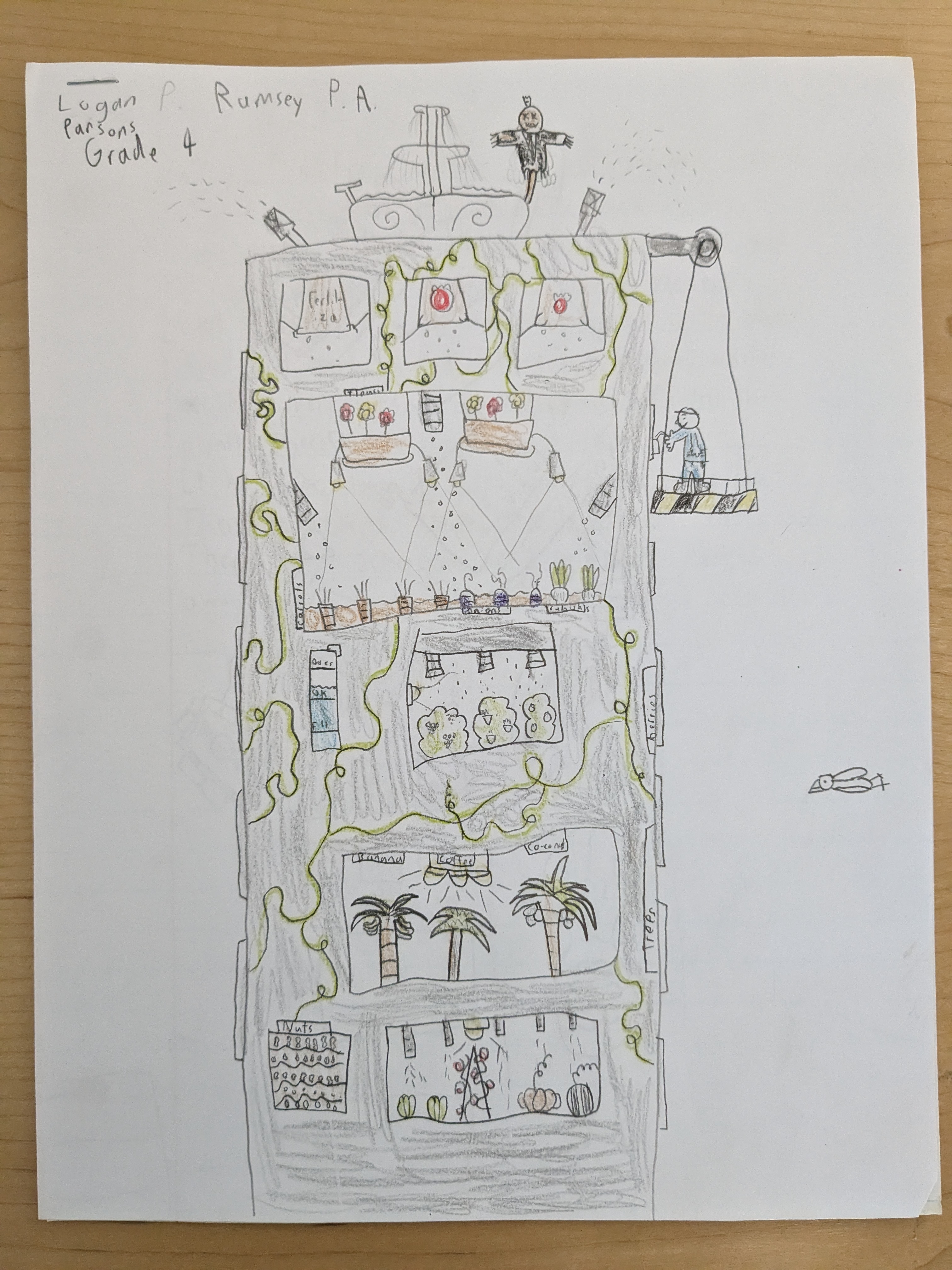
Ramsey Elementary School; Adelaide Sumner, Roman Wilson, Dean Grantz, Myla Kovacs, Kypton Merkle, Arianna Settles, Logan Parsons, Nathaniel Mintz, Joseph Wilkins, Owen Richman, Jenna Removcik, Avanthika Pradeep, Addison Gressem
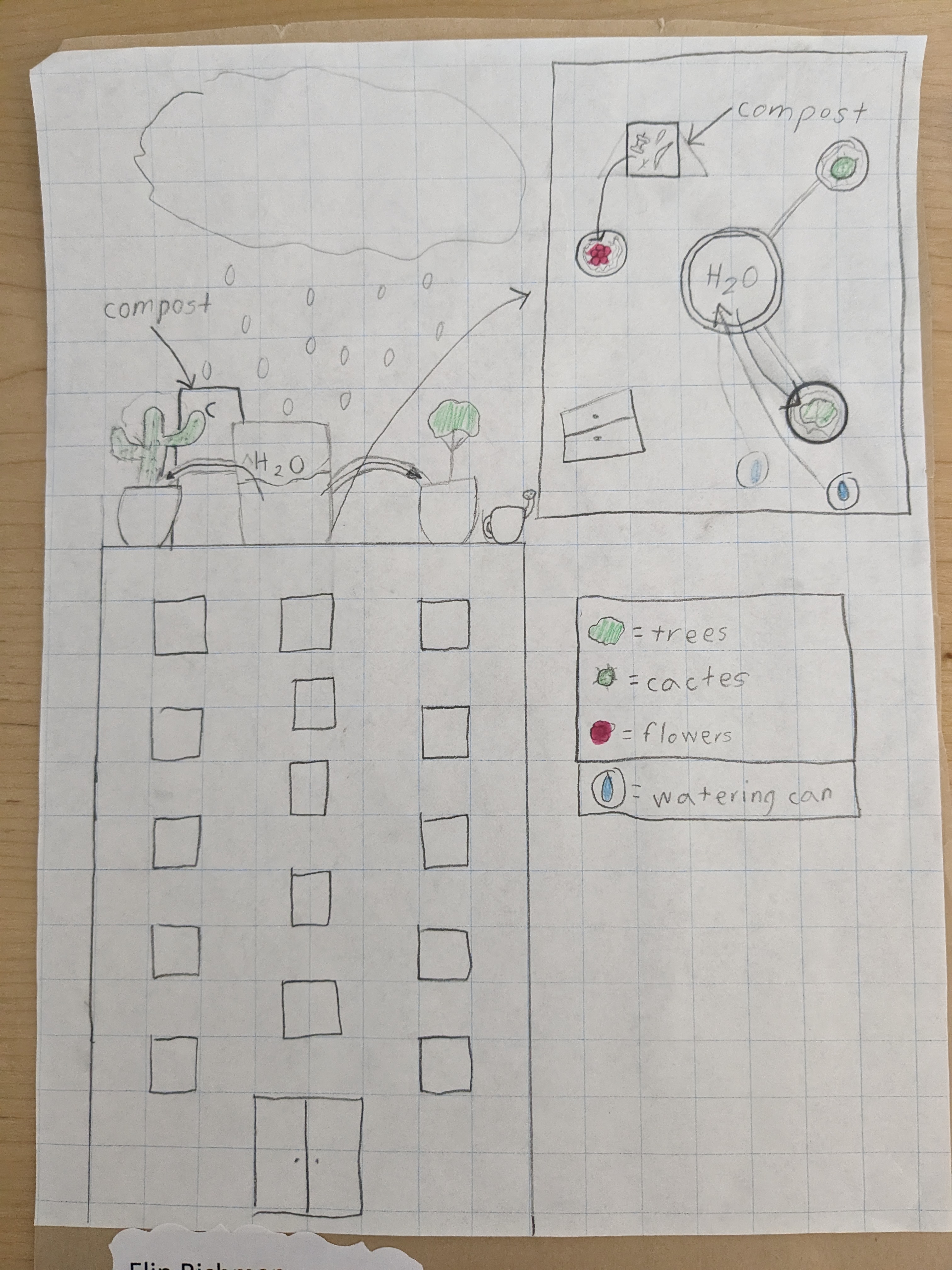
Tenth Street School; Walle Sullivan, Elin Richman, Islo Truby
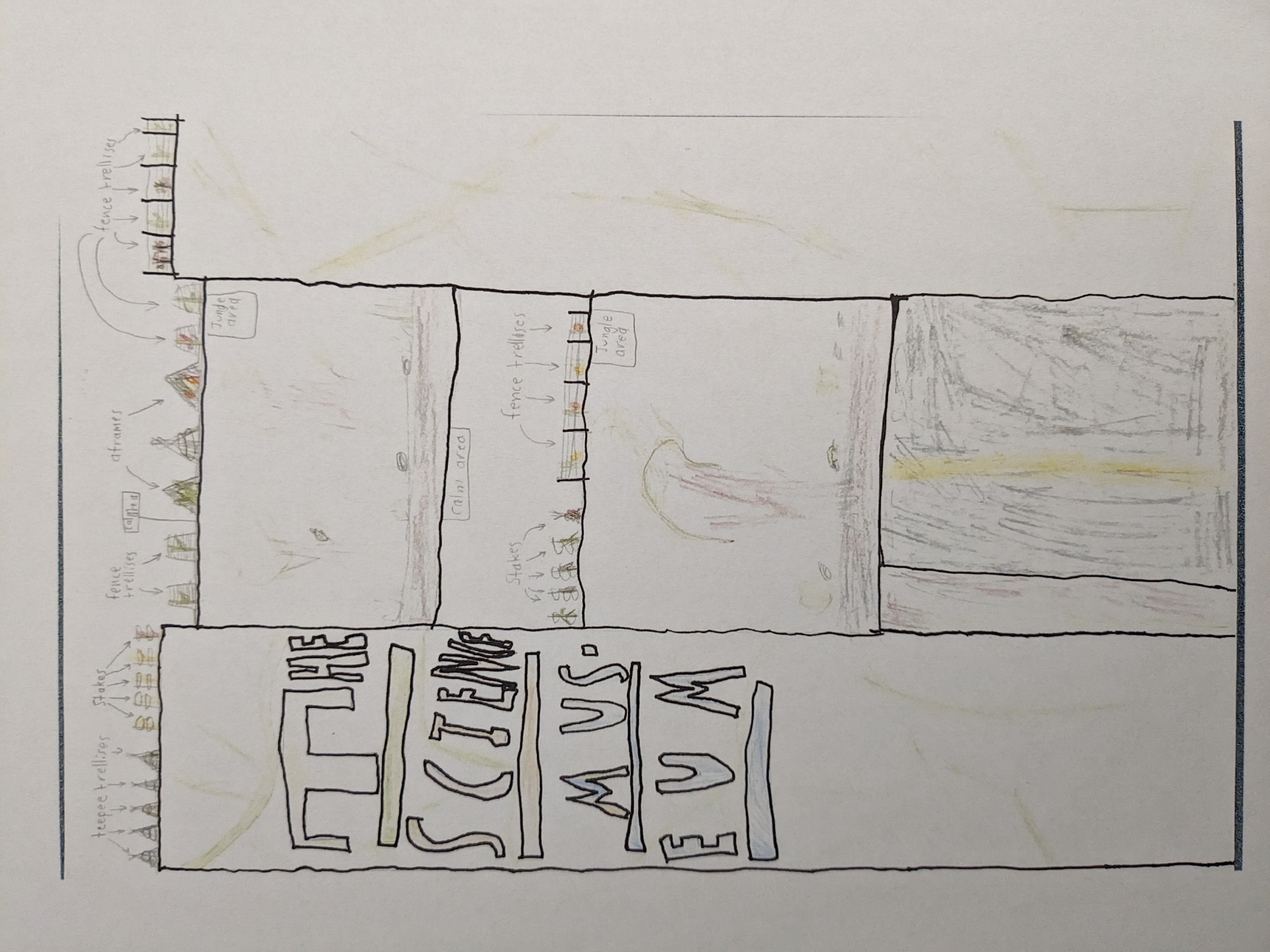
Trinity East Elementary School; Elliott Edenhoffer
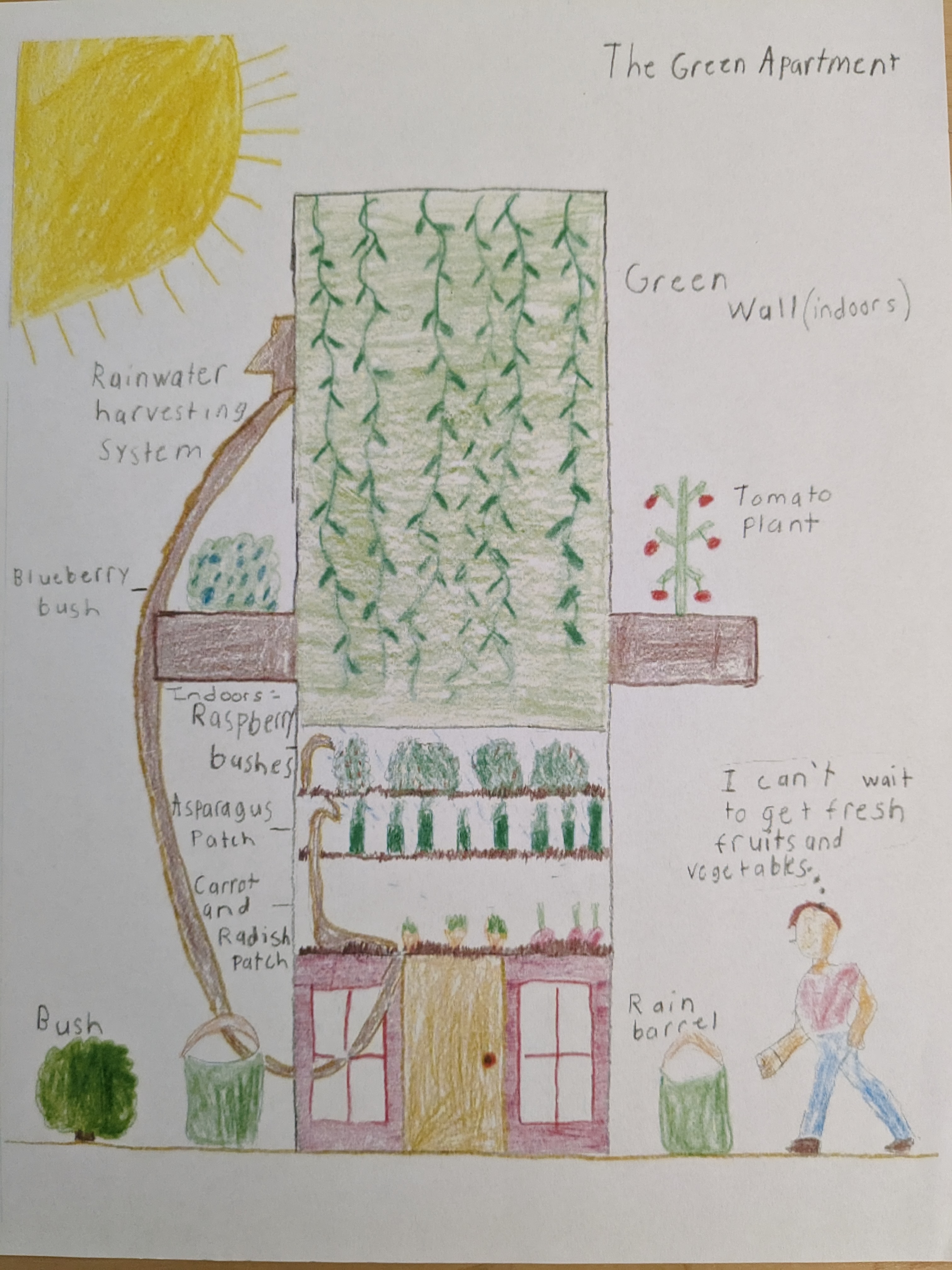
Turtle Creek STEAM Elementary; Spencer Morse, Edwin Ratica, Maeve Reed-Raczkowski, Kyra Scott, Mark Sklenar
Middle School
Middle school students were challenged to learn about pairs of organisms that display mutualism or commensalism. There are many plants, animals, and other organisms that thrive when they are paired with another species. When both organisms benefit, it is called mutualism. One organism benefits while the other is neither helped nor harmed, it is called commensalism. Students made a pair of trading cards of two organisms that display mutualism or commensalism. The cards listed neat traits and abilities of each organism and included a special ability that only activates when both cards are played together! We were very inspired by the students’ creativity and careful research! The judges were amazed by the beautiful trading card entries and all of the schools that participated should be very proud of their students for their incredible entries!
And the Middle School winners are:
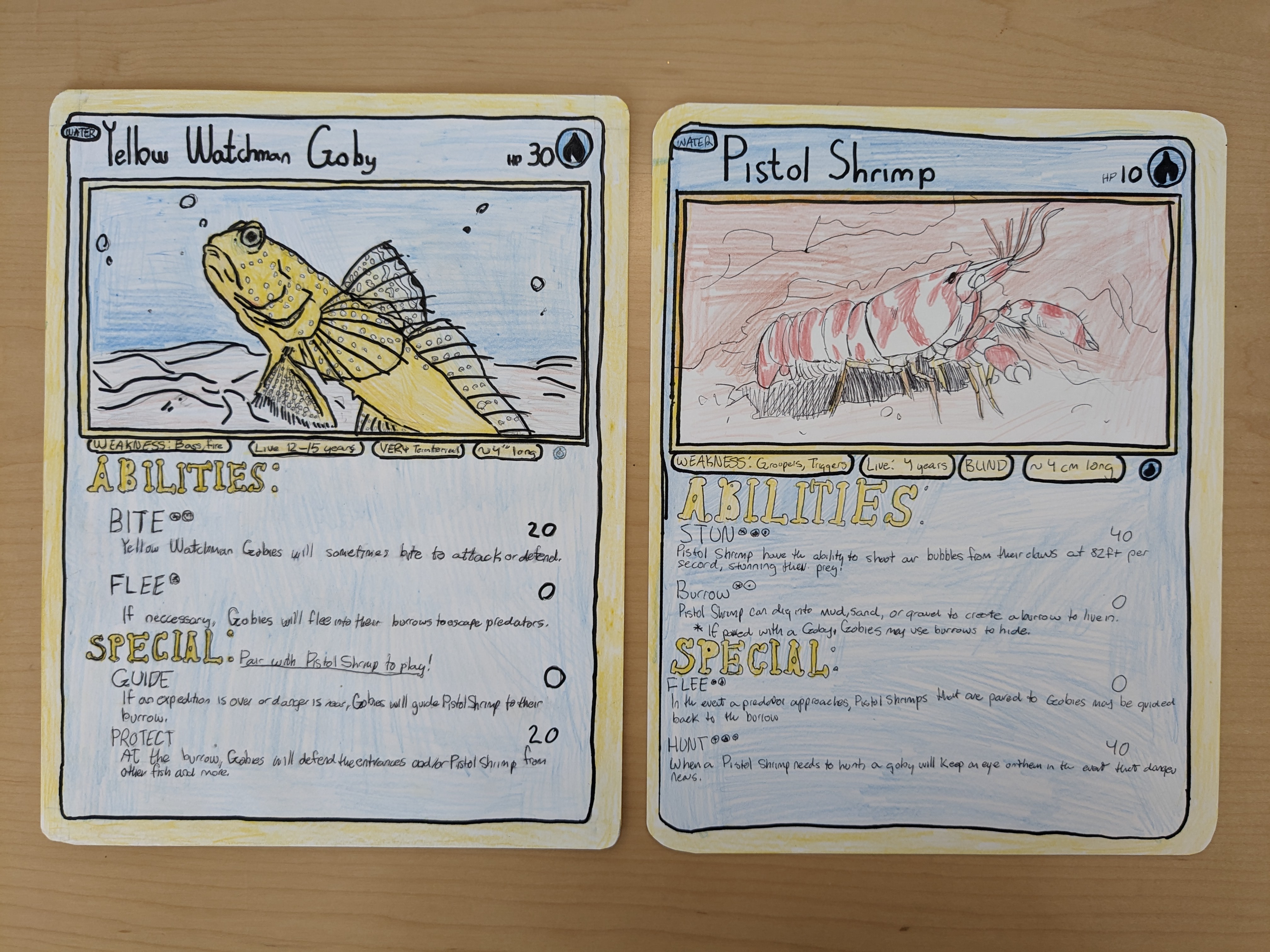
First Place: Avonworth Middle School; Lillian Duvall
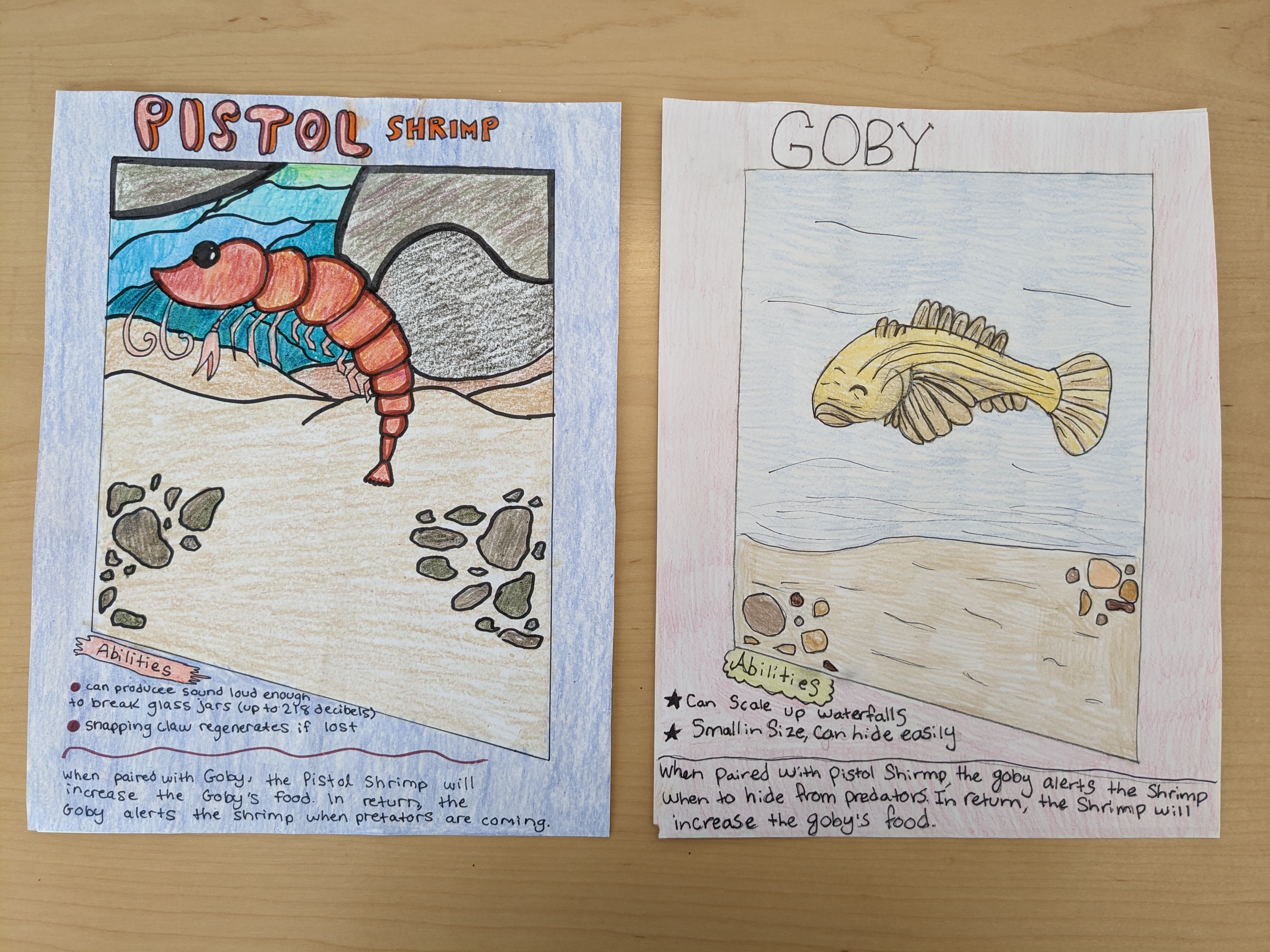
Second Place (tie): Keystone Oaks Middle School; Sydney Meagle and Anna Bittner
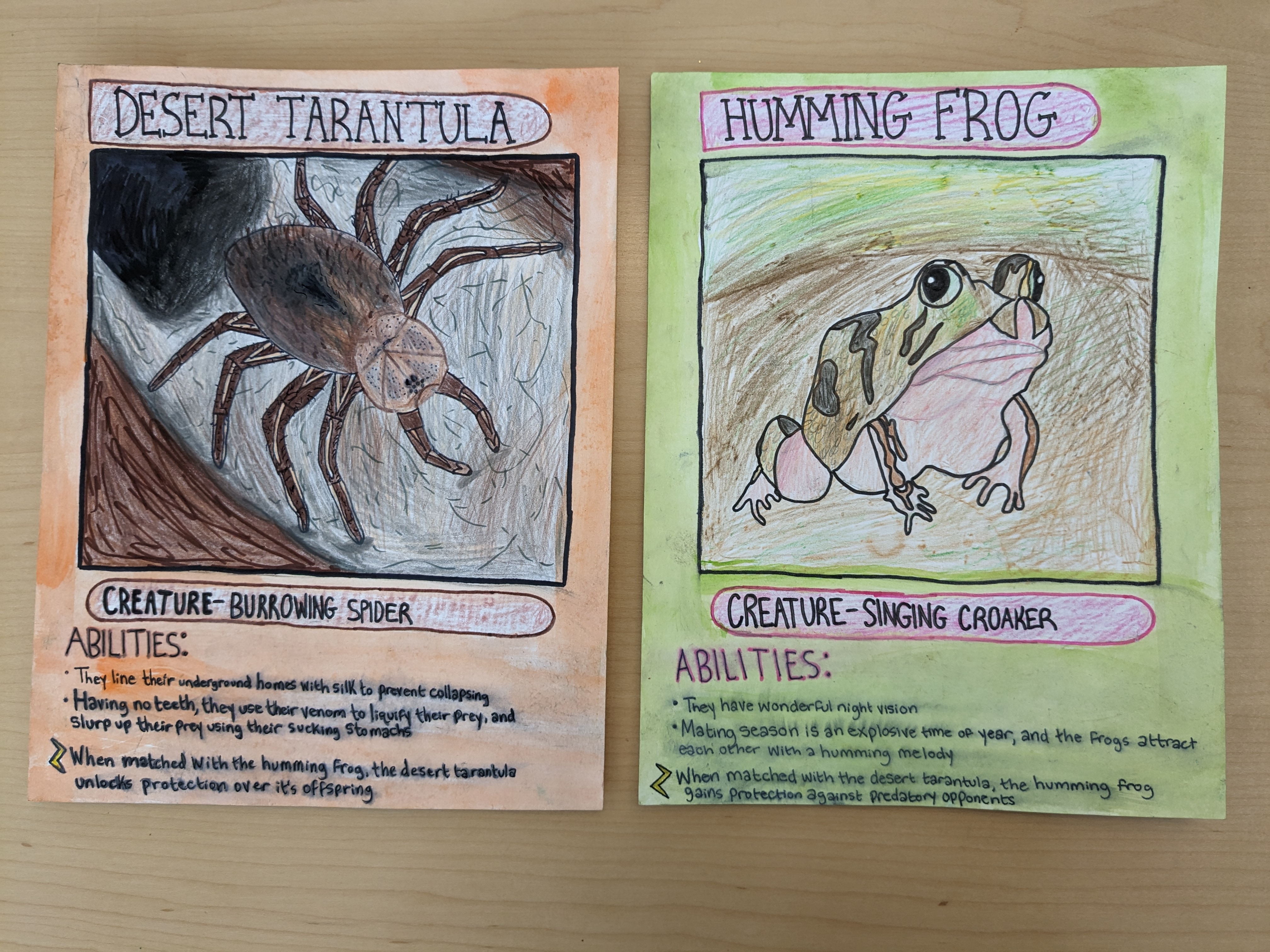
Second Place (tie): Avonworth Middle School; Eva Roedersheimer
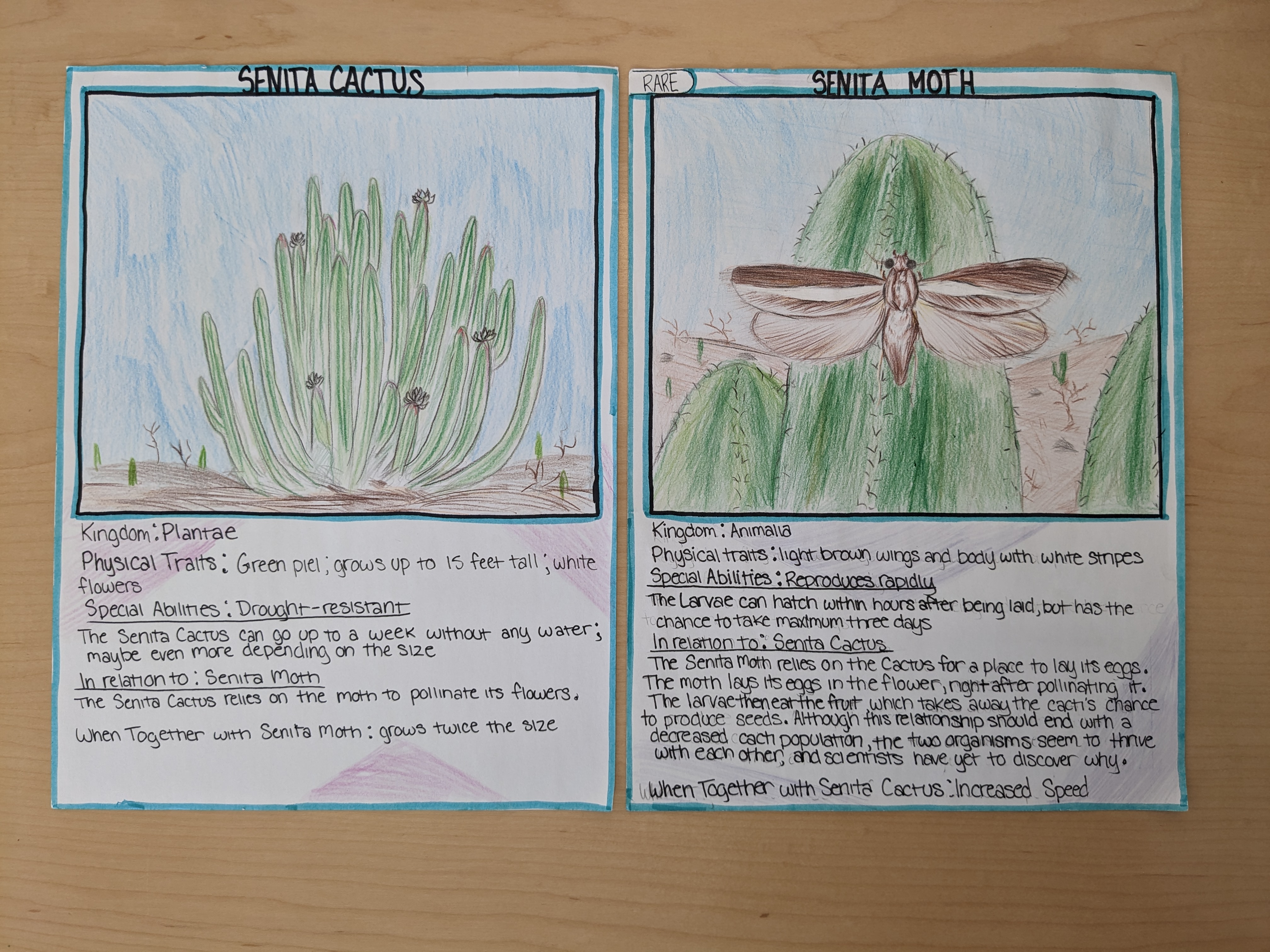
Third Place: Trafford Middle School; Delaney Race and Alex Serapiglia
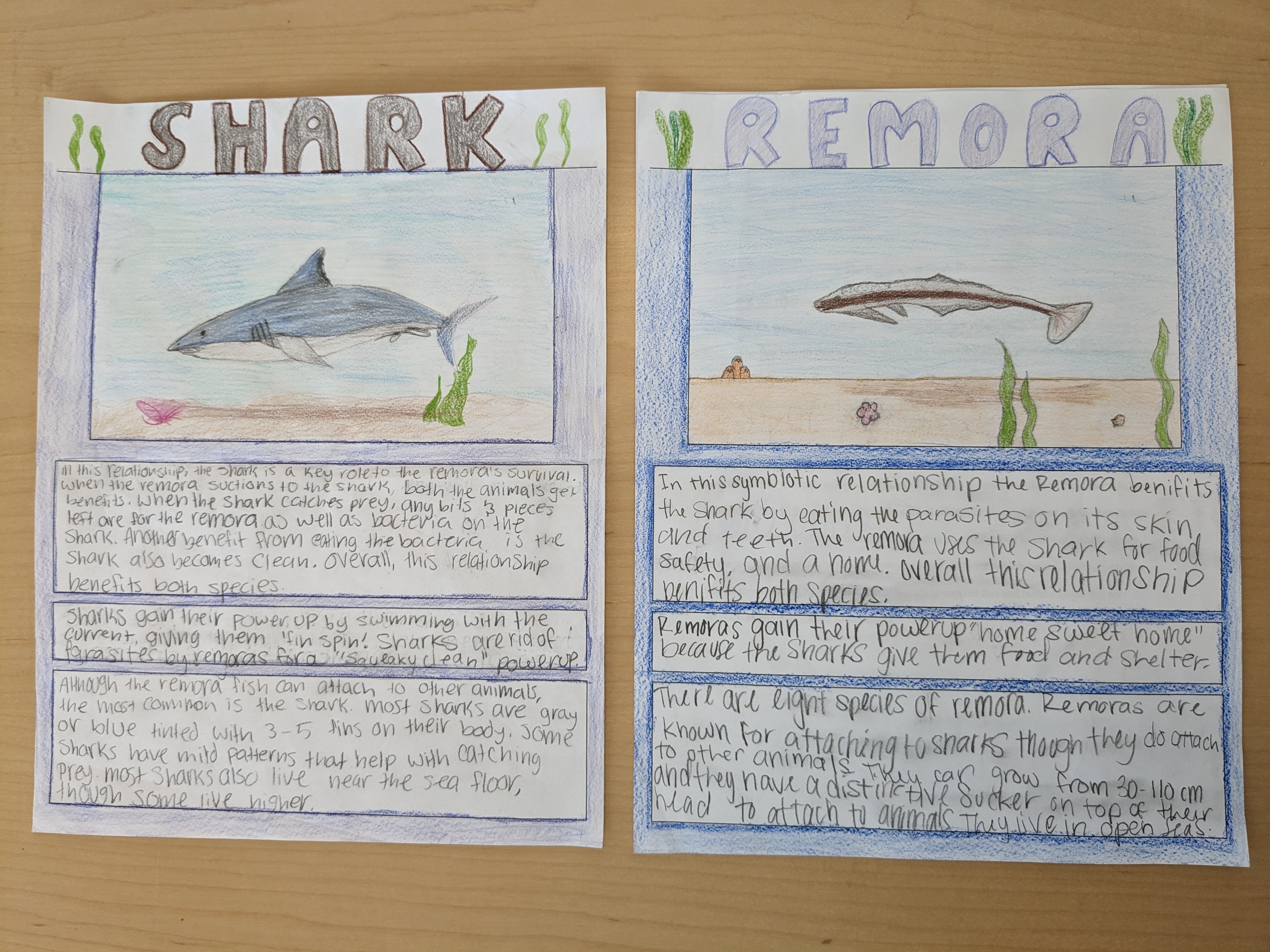
Special Merit for great writing: Penn Middle School; Riley Joyce and Cienna Oien
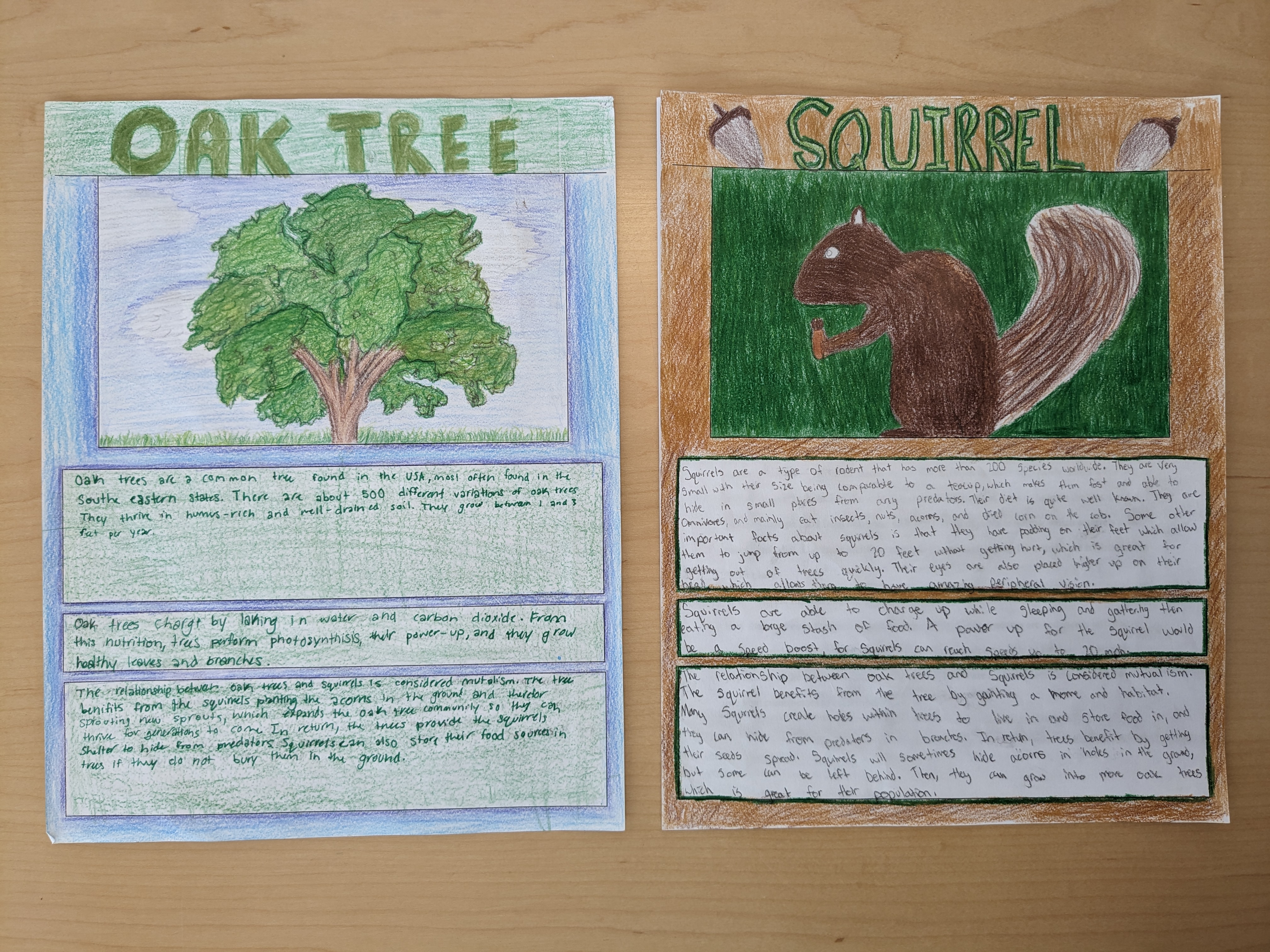
Special Merit for focus on native species: Penn Middle School; Sydney Mularski and Sammy Seech
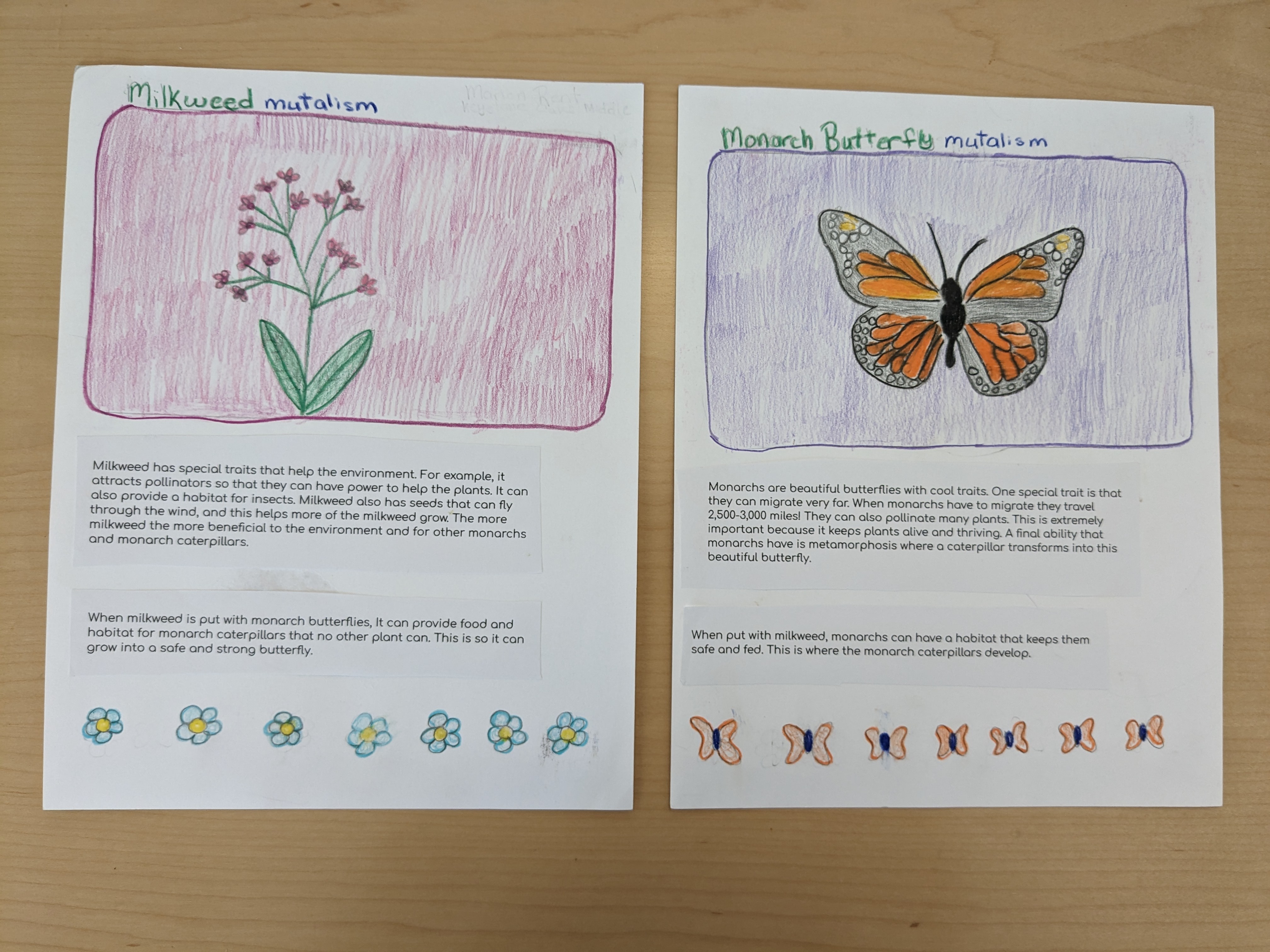
Special Merit for great vocabulary and focus on native species: Keystone Oaks Middle School; Marion Rent
High School
High school students were challenged to learn about a native or endemic Hawaiian animal, plant or other organism and create artwork of it. Hawai’i has over 25,000 unique native species, and many of these are endemic, meaning they are only found on the Hawaiian islands! Hawai'i is one of the most biologically diverse places on Earth, and the species that have evolved here are amazingly beautiful and unique. Accompanying the artwork, students wrote a description of the native Hawaiian organism that they chose, including its unique characteristics, which “moku” it lives in, its role in its ecosystem, the relationship it had/has with native Hawaiians and its current population status. We were amazed at how the students’ work really brought Hawai'i to life by celebrating some of its most important species! The winners and select artwork from this challenge are currently on display in the Center for Sustainable Landscapes Gallery.
And the High School winners are:
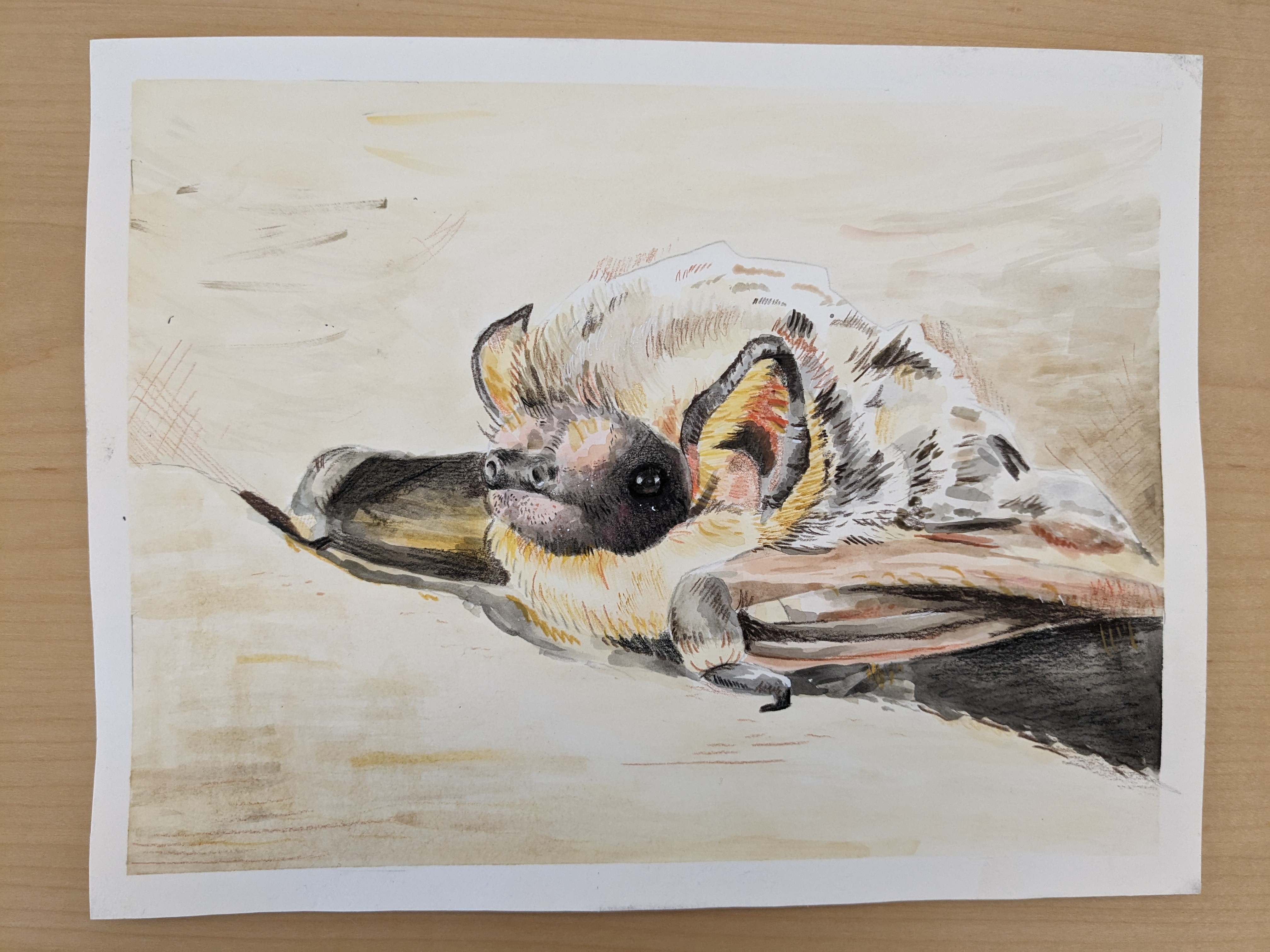
First Place: Shaler Area High School; Elise Williams
'ōpe'ape'a (Hawaiian Hoary Bat)
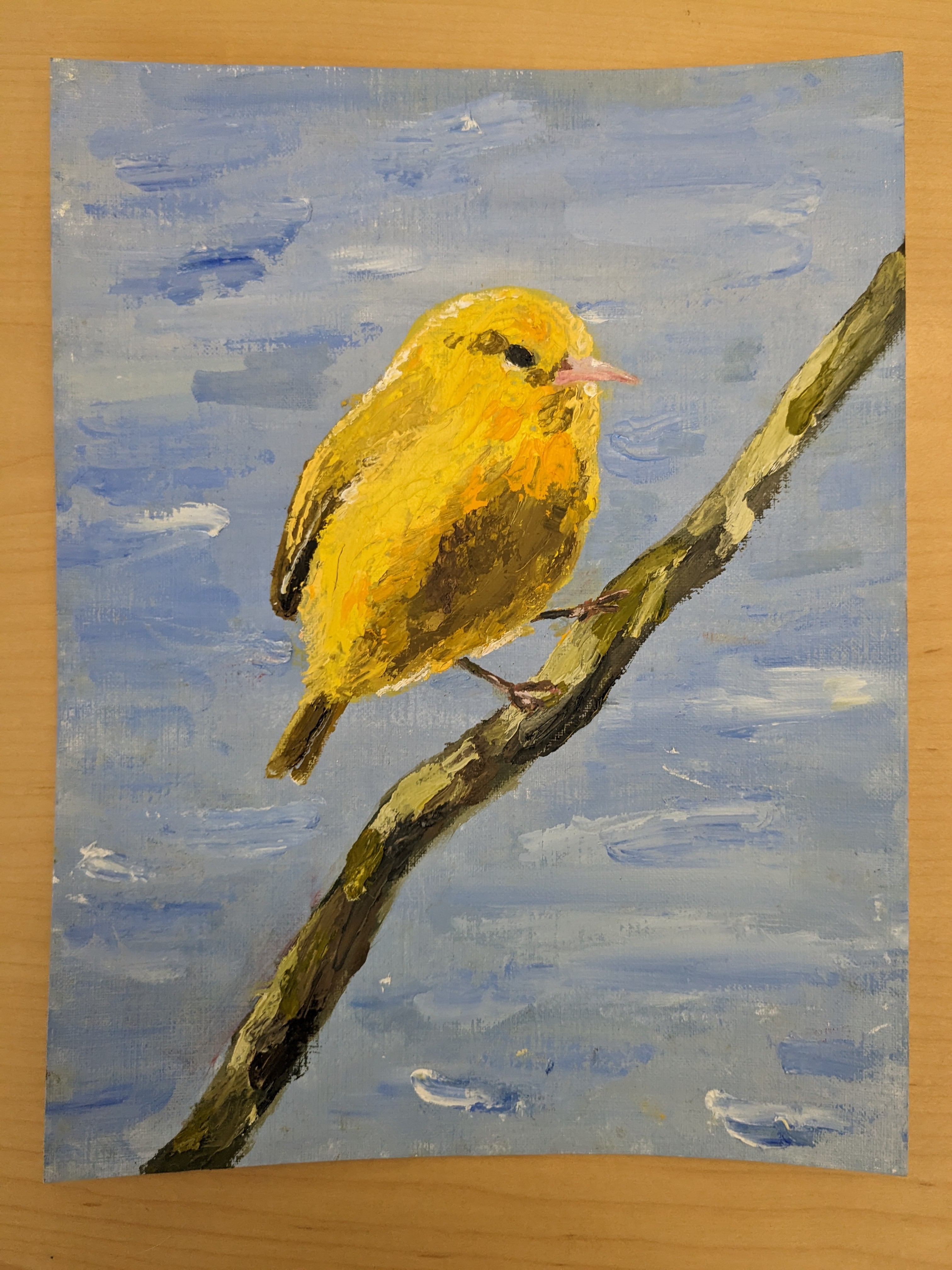
Second Place (tie): North Allegheny Sr. High School; Wynn Musselman
'Anianiau (Hawaiian Honeycreeper)
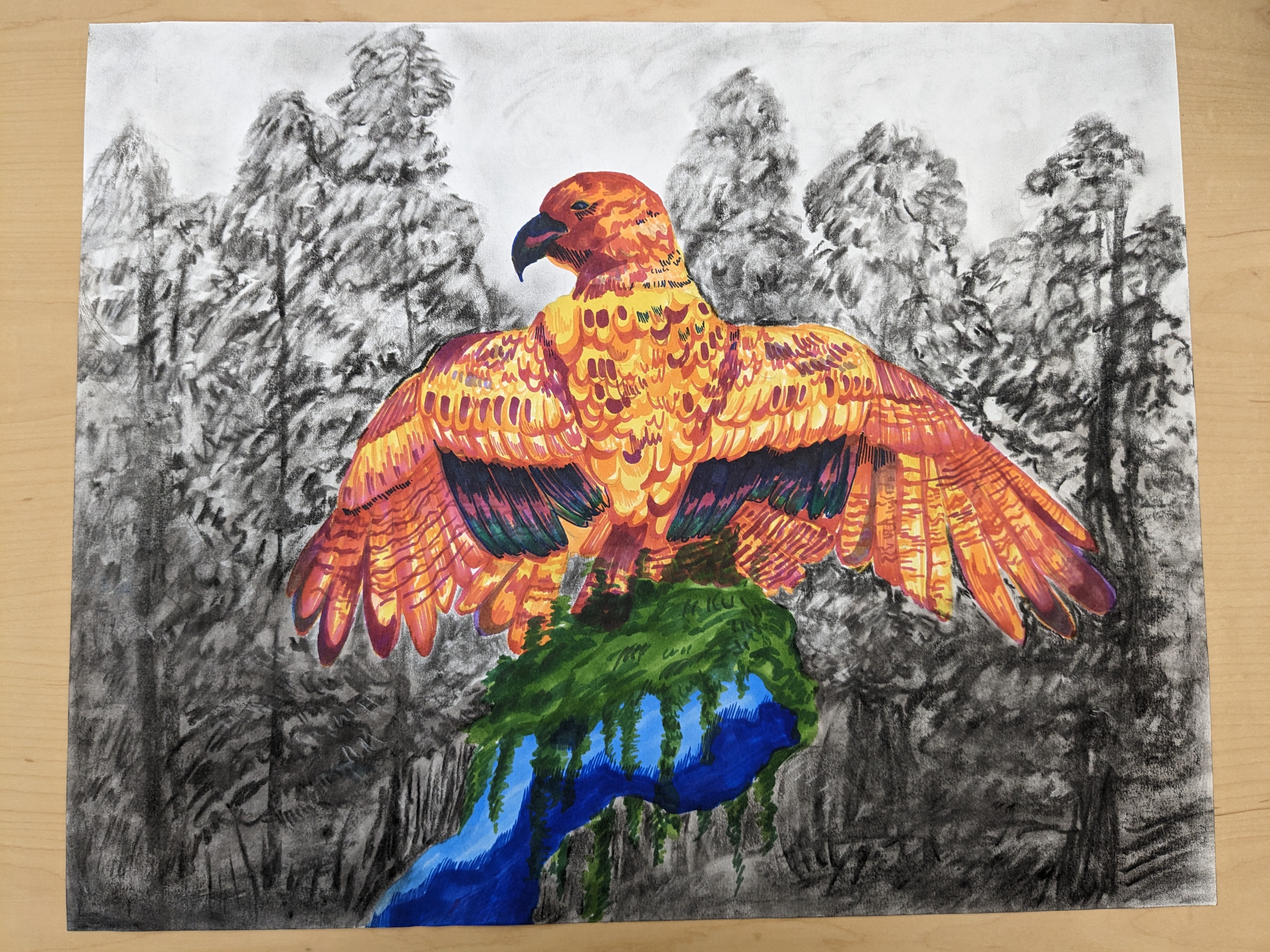
Second Place (tie): Shaler Area High School; Allison Little
'Io (Hawaiian Hawk)
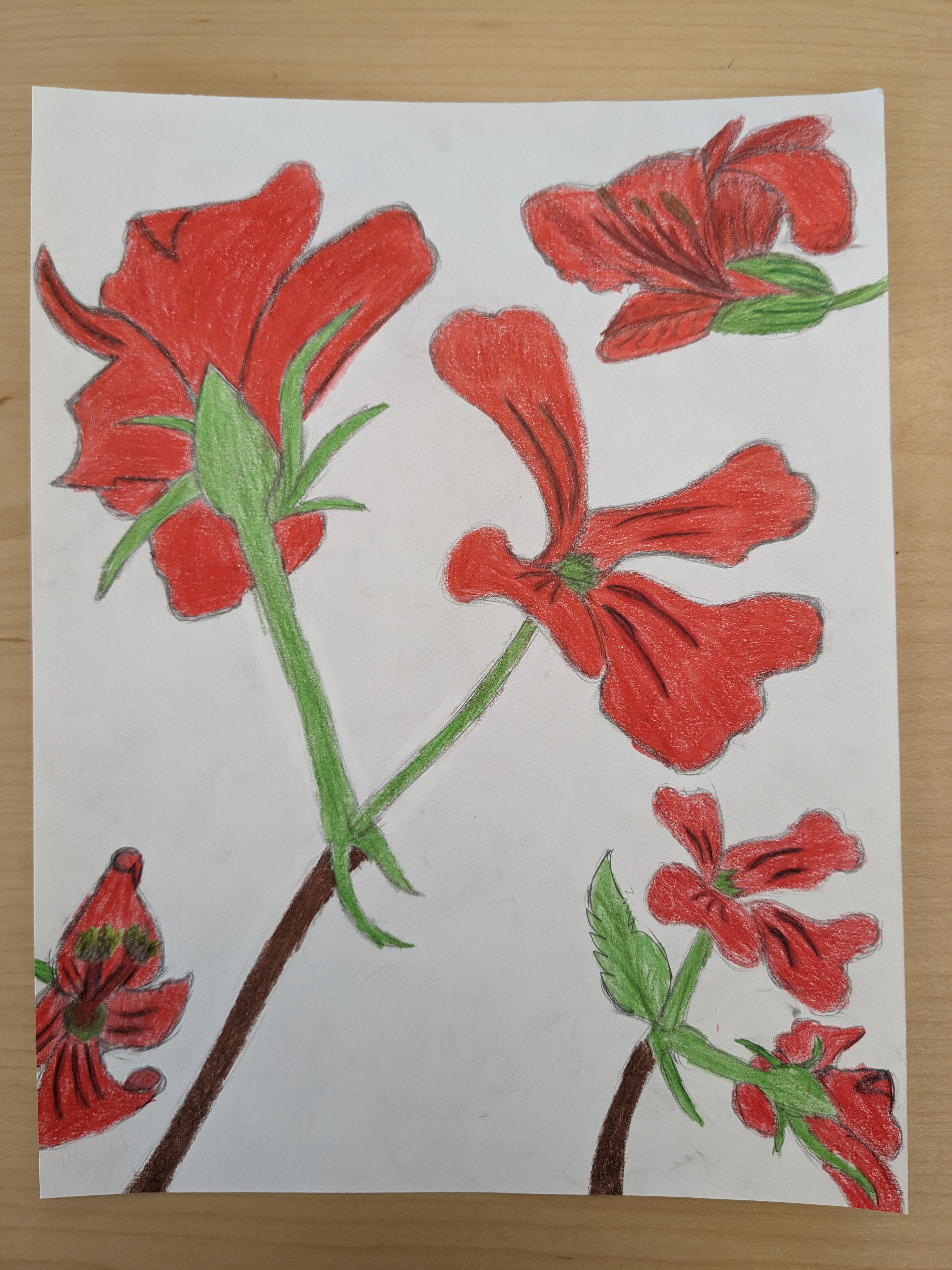
Third Place (tie): West Mifflin Area High School; Rinad Dalloua
Nohoanu (Hawaiian Red-Flowered Geranium)
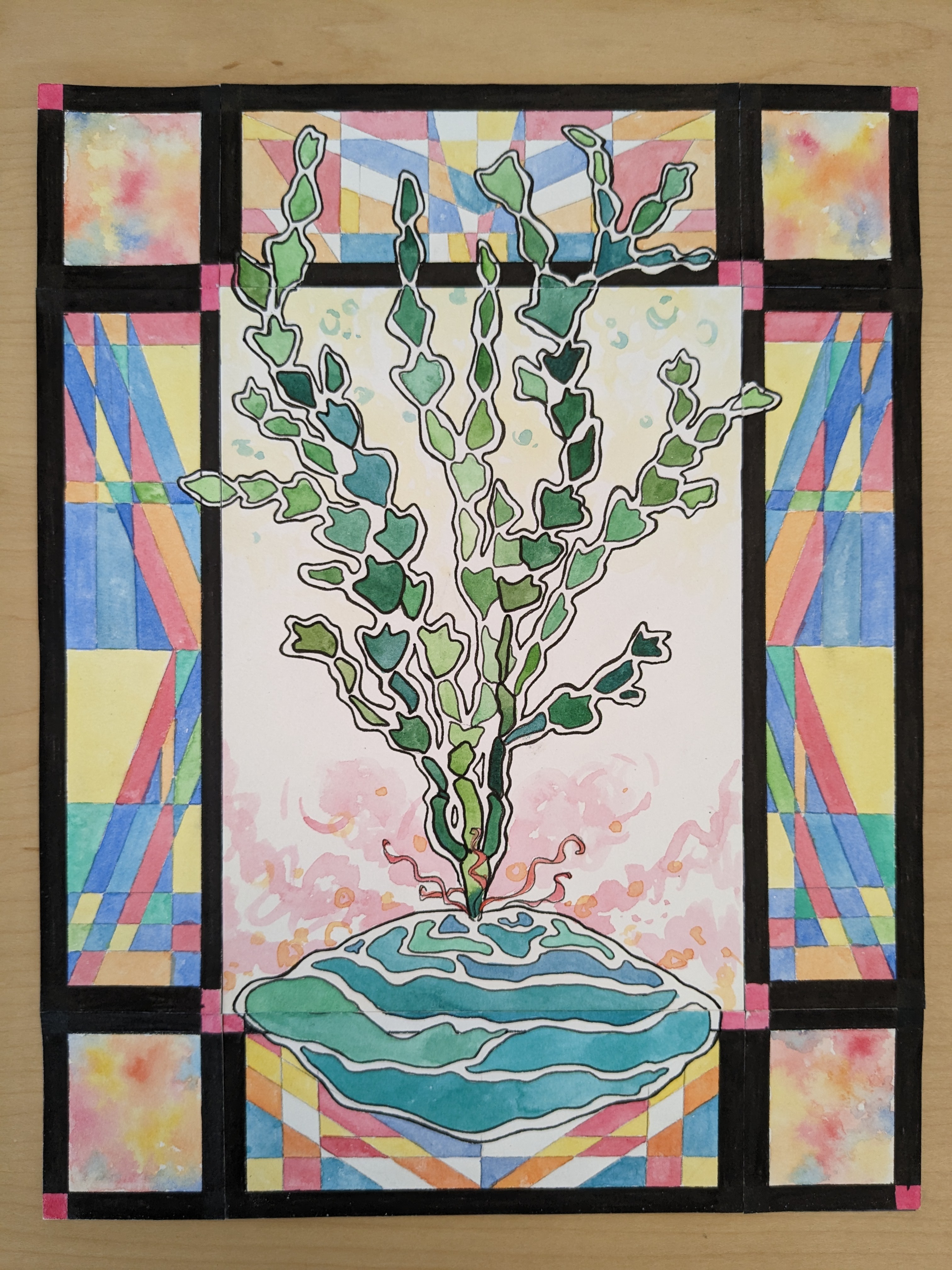
Third Place (tie): Penn Trafford High School; Kristina Heins and Kate Malley
Halimeda Kanaloana
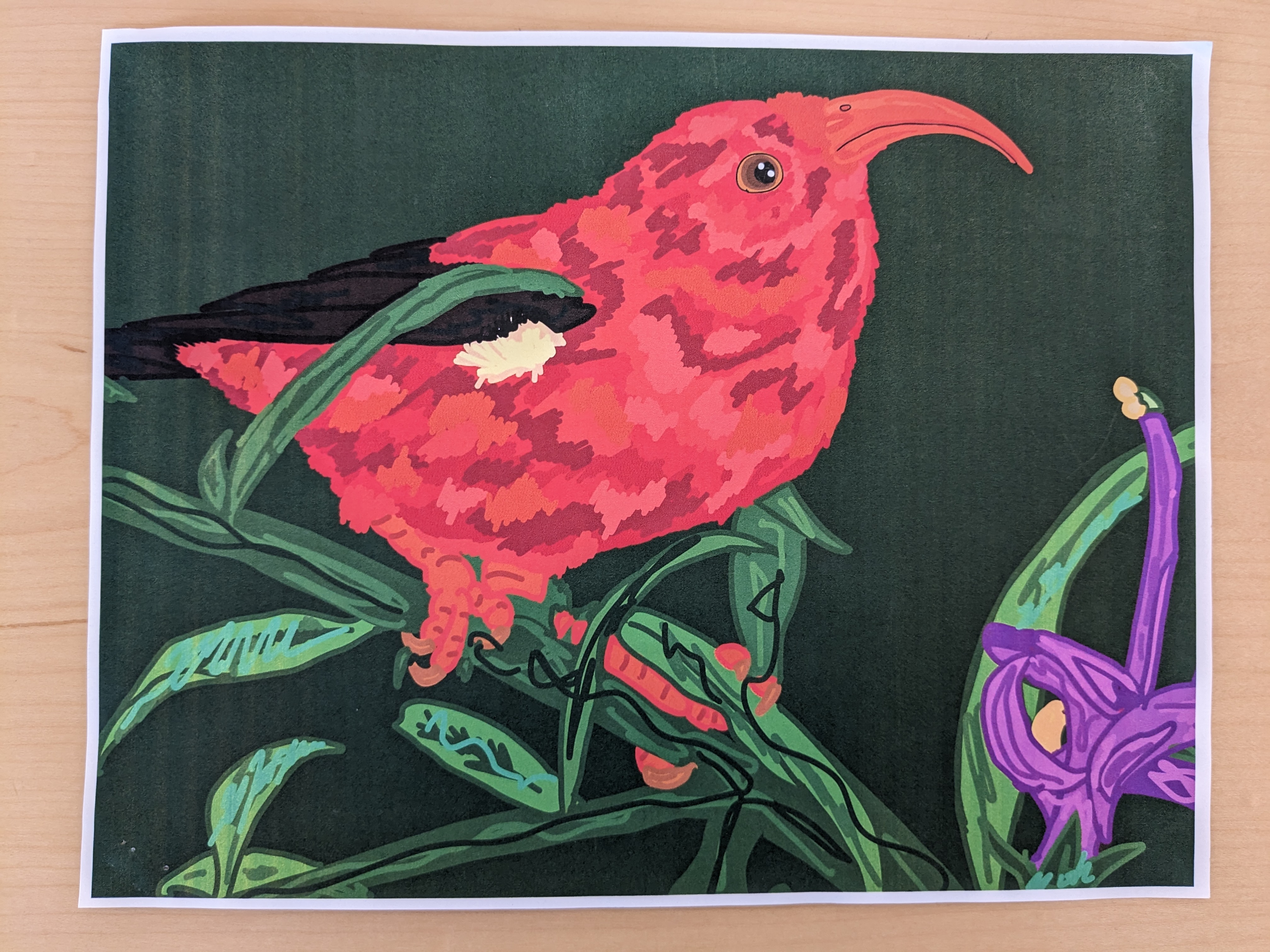
Special Merit: Central Catholic High School; Marco Iacchetti, Xander Hill, Cole Nix, Aiden Ziccarelli, Aiden Sherman, and Jonathan Rivett
'i'iwi (Hawaiian Honeycreeper)
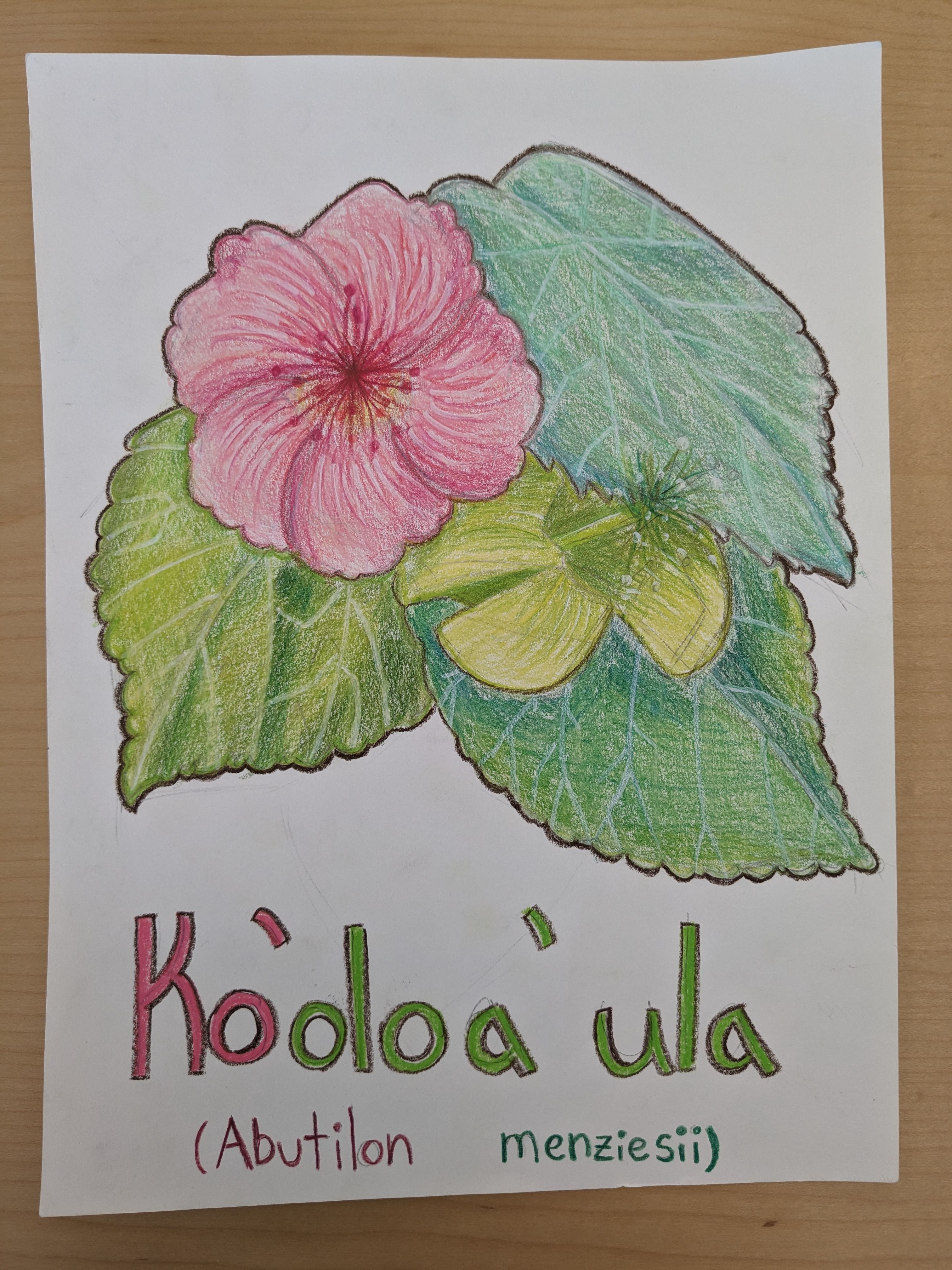
Special Merit: The University School; Tru Rentschler and Scott Campbell
Ko'oloa'ula (Abutilon menziesii)
Thank you to all of the students who submitted entries for this challenge, and thank you to the teachers who encouraged and supported them!
We would like to give a special shout out to our panelists: Frank Muto (Phipps volunteer and retired biology teacher), Stephen Bucklin (naturalist educator at Pittsburgh Parks Conservancy), Lisa Schrott (Phipps volunteer), Joanne Schreiber (Phipps volunteer), Emily Thyroff (Botany-in-Action fellow and PhD candidate and research assistant at the University of Hawaiʻi at Mānoa), Adam Haas (interpretive program manager), Dr. Maria Wheeler-Dubas (research and science education outreach manager), and Ron Rademacher (Phipps volunteer and avid Hawai'i enthusiast). Thank you all for lending us your time and expertise!
Have questions? Contact Jennifer Torrance at jtorrance@phipps.conservatory.org or 412/622-6915, ext. 3230.
Developed by the Fairchild Tropical Botanic Garden in Miami, Fl., and adopted by Phipps as a satellite partner in 2008, The Fairchild Challenge offers a menu of interdisciplinary challenges for grades K-5, 6-8 and 9-12, attracting students of diverse interests, abilities, talents and backgrounds. The Challenge empowers young people to engage in civic life and encourages them to become energetic and knowledgeable members of their communities.

